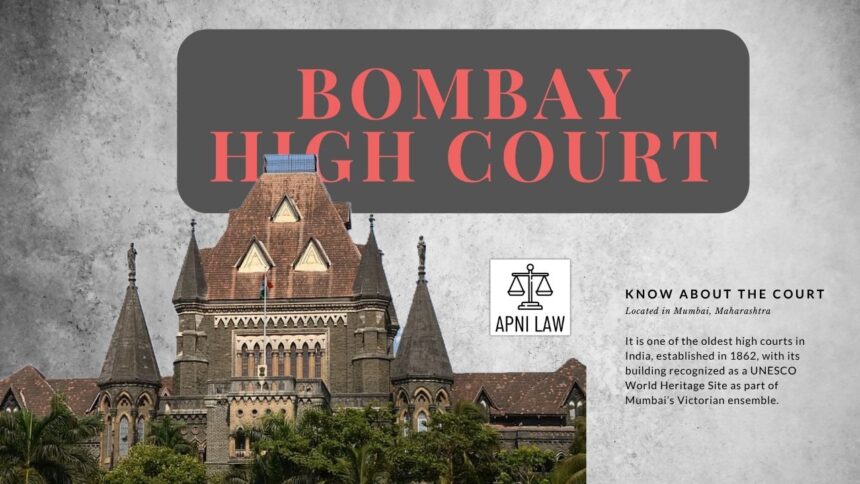Introduction
The Bombay High Court recently ruled that a divorce decree obtained solely because one spouse did not file a written statement or appear in court cannot stand. The bench emphasized that even ex-parte proceedings require independent evaluation of evidence and cannot result in automatic dissolution of marriage.
Facts of the Case
In the case titled Riya Suralkar v. Rahul Suralkar (Family Court Appeal No. 101 of 2025), the petitioner-wife challenged a divorce decree dated 5 November 2024 passed by the Family Court under the Special Marriage Act, 1954 (SMA). The husband had filed a petition for divorce on the ground of cruelty. The wife initially appeared but chose not to file a written statement and later did not participate in the hearings. The Family Court granted the divorce ex-parte.
What the Court Says
The Division Bench comprising Justices Revati Mohite Dere and Sandesh D. Patil held that the Family Court erred in treating the absence of the wife and lack of written statement as automatic admission of cruelty. The court said that even in an ex-parte hearing, the trial court must independently assess the evidence led by the petitioner and record reasons for granting divorce.
The court noted that the trial court’s order briefly stated that the husband’s evidence went unchallenged and therefore cruelty was established, but it did not explain how that evidence proved cruelty or apply its mind to the issue of cruelty in detail. The High Court observed: “The Trial Court has not given any reasons as to how it has reached the conclusion that the appellant-wife has treated the respondent husband with cruelty.”
Further, the High Court dismissed arguments raised by the husband that his remarriage after decree should prevent setting aside the order. The bench held that once a judgment is found “perverse”, the remarriage does not bar interference by the High Court.
As a result, the Court quashed the decree of divorce and remanded the matter back to the Family Court for fresh adjudication, allowing the wife 30 days to file her written statement and directing the trial Court to conclude the matter within nine months.
Implications
This decision reinforces important procedural safeguards in matrimonial law. Firstly, it affirms that ex-parte evidence of one spouse cannot substitute for full evaluation of issues such as cruelty, desertion or matrimonial misconduct. Secondly, it sends a message to family courts that mere non-appearance or non-filing of a written statement by one party does not justify automatic granting of divorce. Thirdly, it highlights that even when a decree is granted and remarriage follows, higher courts can step in if the lower court’s reasoning is found legally flawed. For practitioners, it underscores the necessity of ensuring that trial courts record clear and reasoned findings, even in ex-parte matters, and that parties who are absent still have procedural protections that cannot be bypassed.
For any specific query call at +91 – 8569843472
Conclusion
In this ruling, the Bombay High Court reiterated that the sanctity of marriage dissolution requires more than procedural default by one spouse. Even when one party fails to participate, the court must apply its mind to the material and give reasons for finding a ground such as cruelty. Where reasoning is missing or minimal, as in this case, the decree can be set aside. The decision strengthens the procedural fairness in matrimonial proceedings and safeguards against mechanical decrees.








